Photo: Jonathan Hillyer
The Hinman Research Building, situated on the Georgia Institute of Technology campus, was initially constructed in 1939 with funding from the Works Progress Administration. Designed by notable architects Harold Bush-Brown and P.M. Heffernan, the building was intended to advance industrial research, a function it served for several decades, contributing to pivotal developments in microwave and autogiro technology. The structure was expanded in 1951 to meet the growing demands of the institute, incorporating mid-century modern architectural elements that emphasized functional design and innovative material usage. Lord Aeck Sargent was tasked with the comprehensive rehabilitation and adaptive reuse of the building for the Georgia Tech College of Architecture. The project focused on preserving the building’s historical essence while introducing contemporary design elements to support its new role as a hub for graduate education in architecture and industrial design. The facility was expanded to include 1,250 square feet of additional space in the high-bay research area. The renovation provided state-of-the-art studios, computer labs, and flexible public spaces, maintaining a balance between historical preservation and modern functionality.
Atlanta, GA
LEED Gold
Architecture, Historic Preservation, Interiors
38,000 sf
Renovation, Adaptive Reuse, Historic Building, Learning Spaces
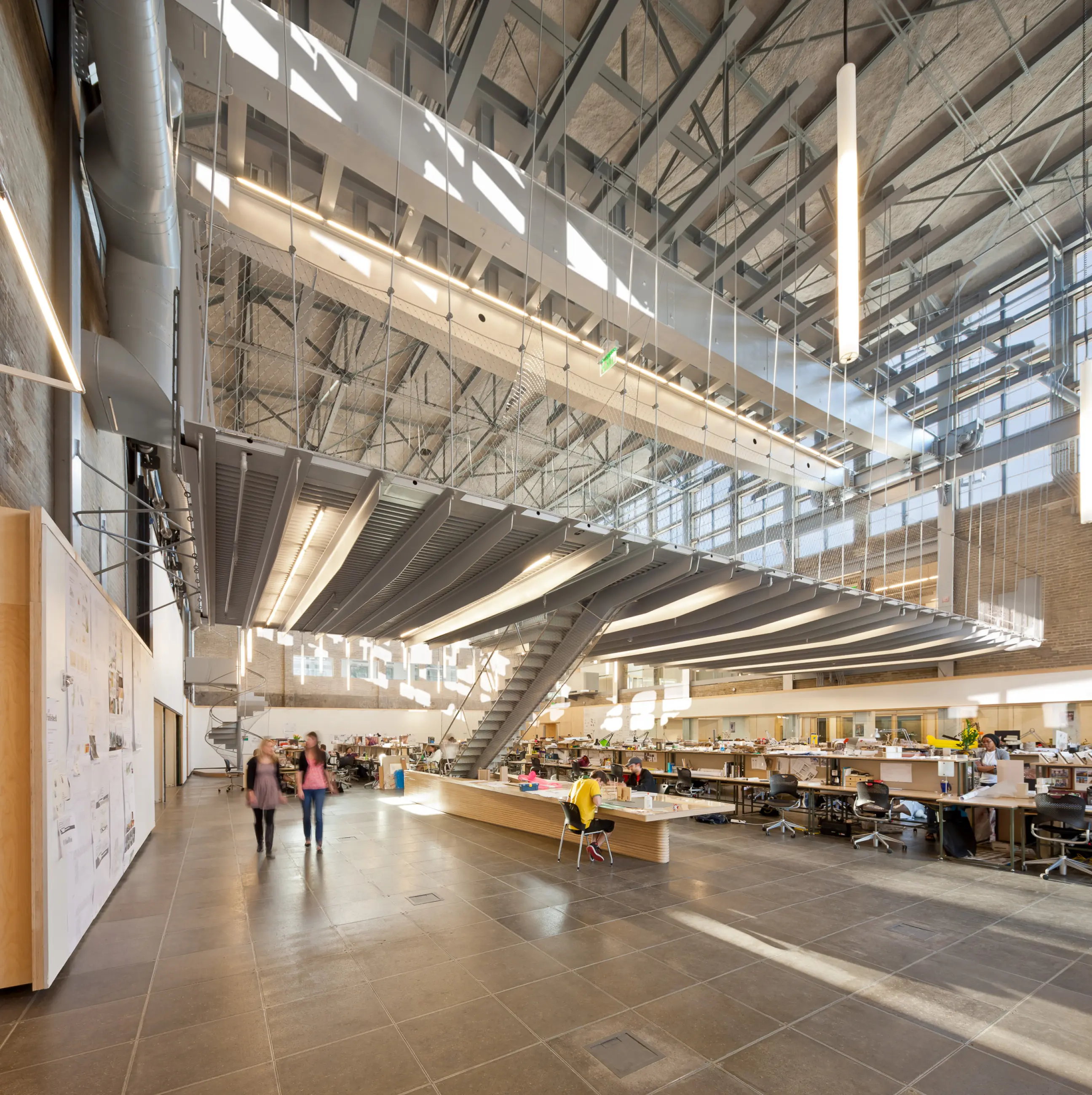
Photo: Jonathan Hillyer
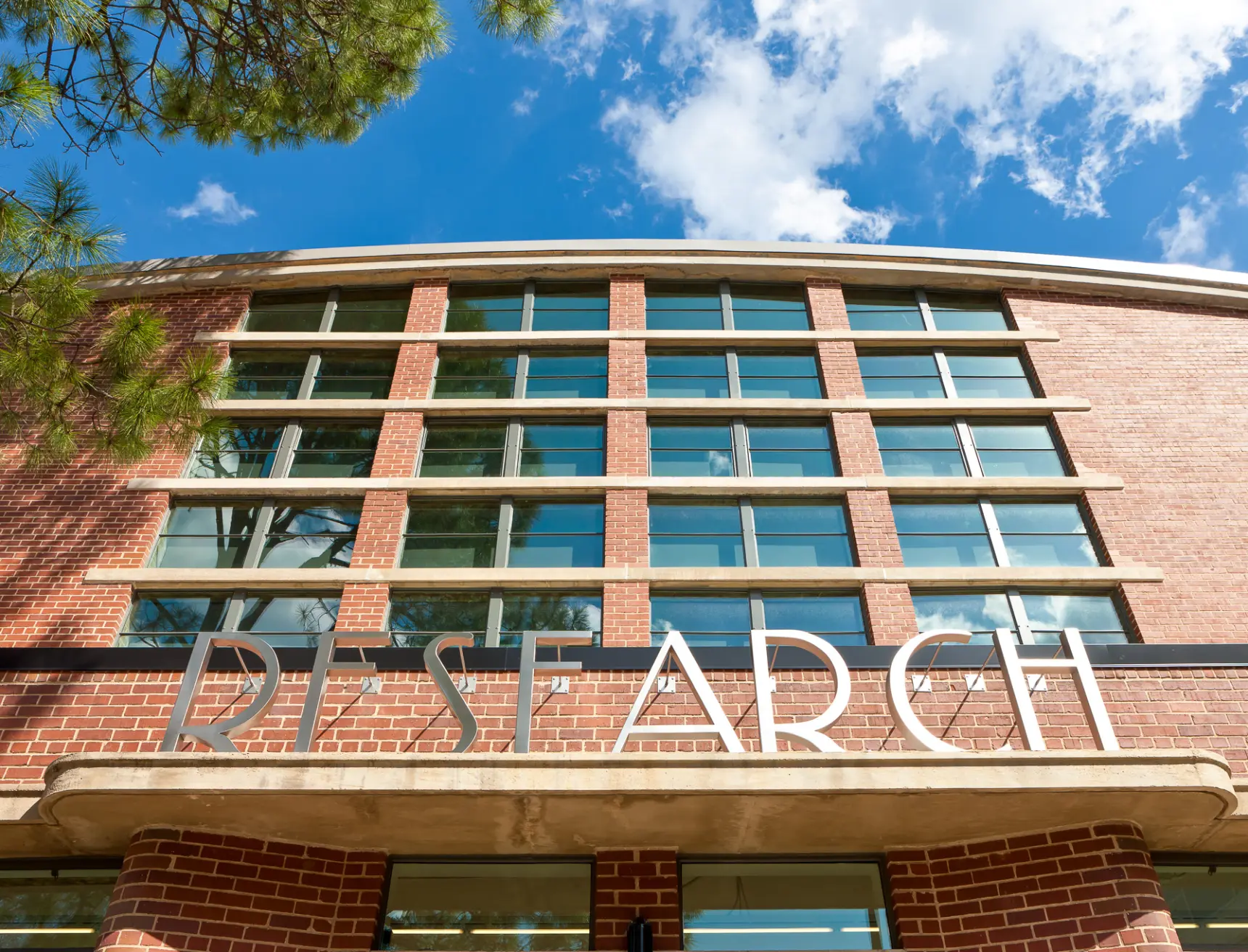
Photo: Jonathan Hillyer
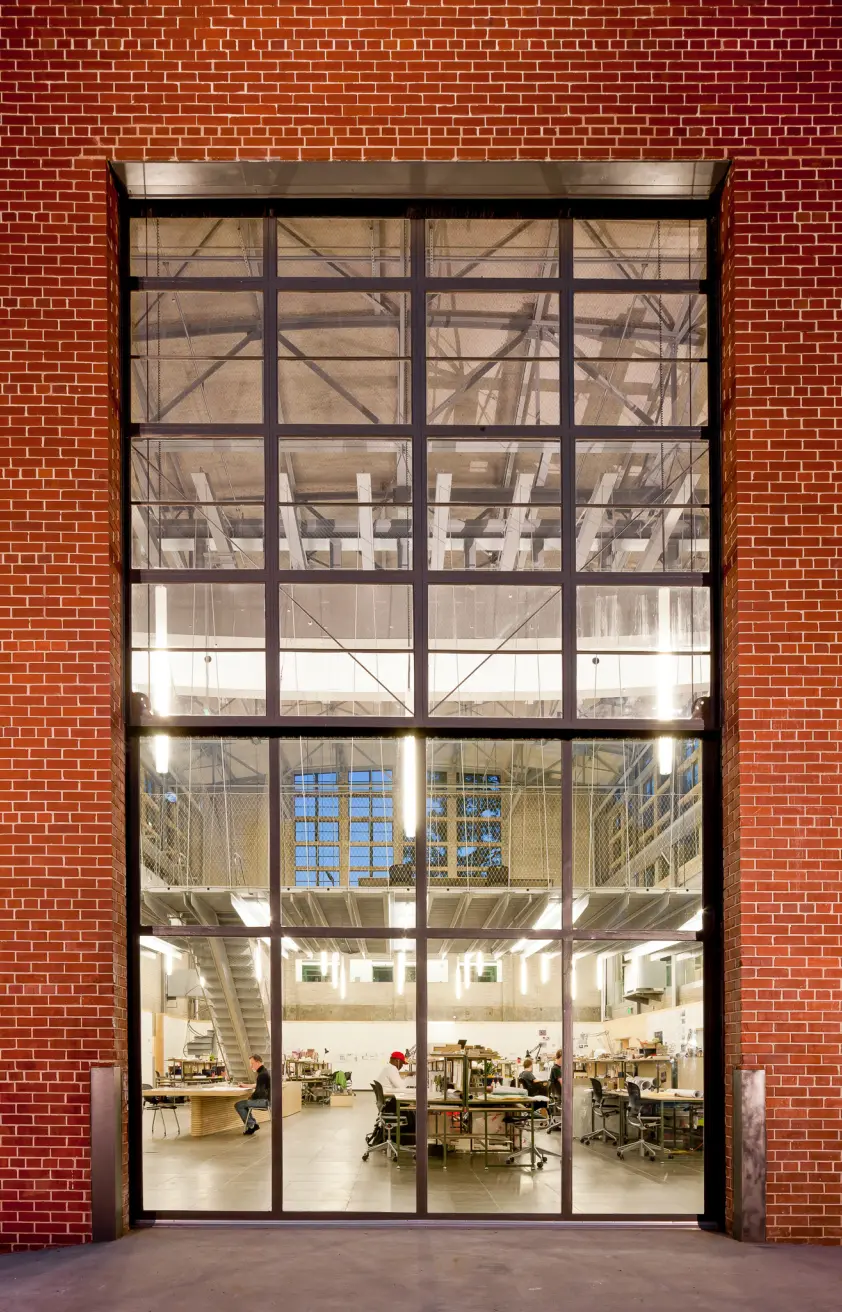
Photo: Jonathan Hillyer
Excellence in Rehabilitation Award
The Georgia Trust for Historic Preservation
—
Platinum Reconstruction Award
BD+C Magazine
—
Greenprints Conference Showcase Winner
AIA Atlanta COTE
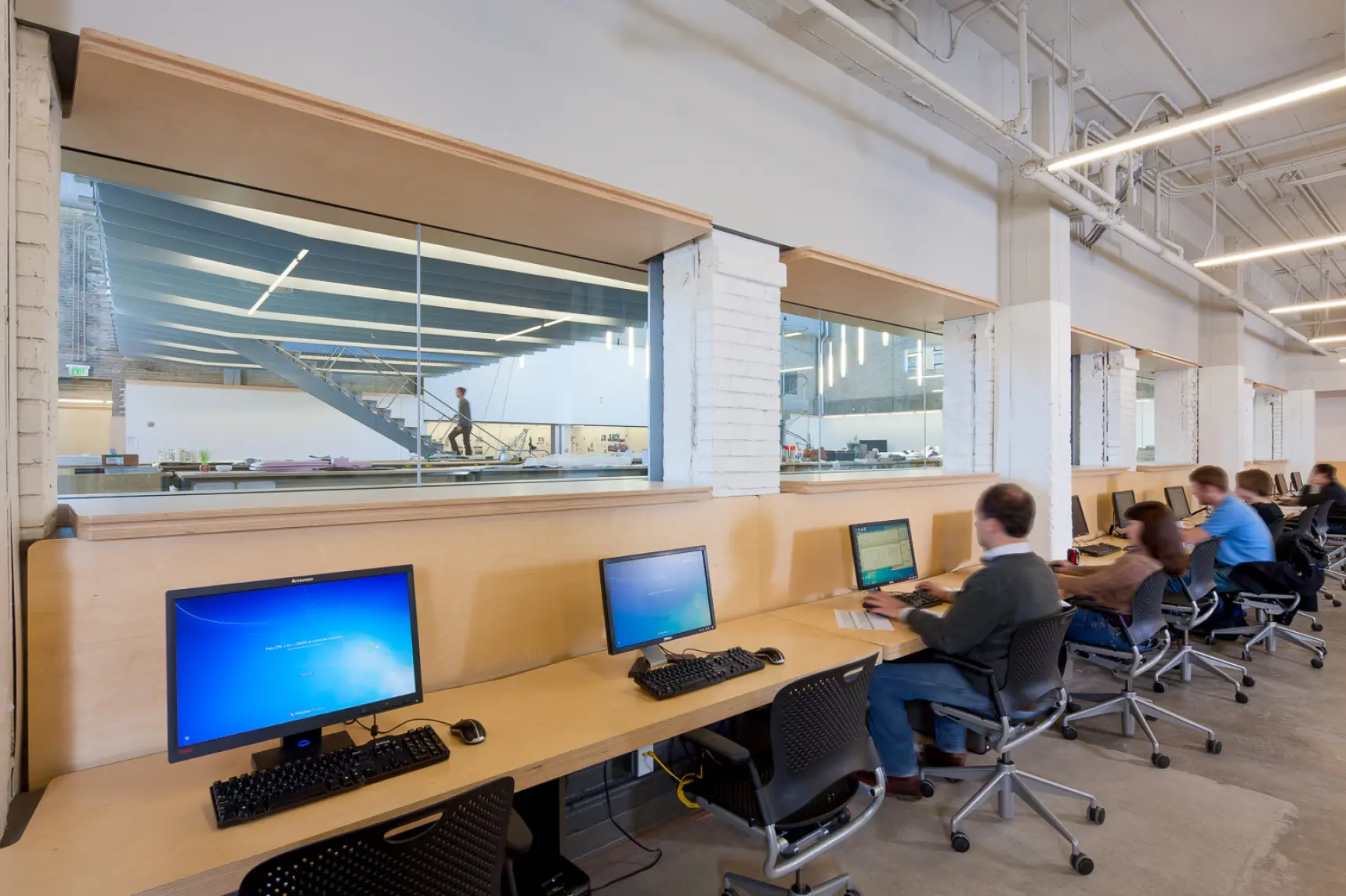
Photo: Jonathan Hillyer
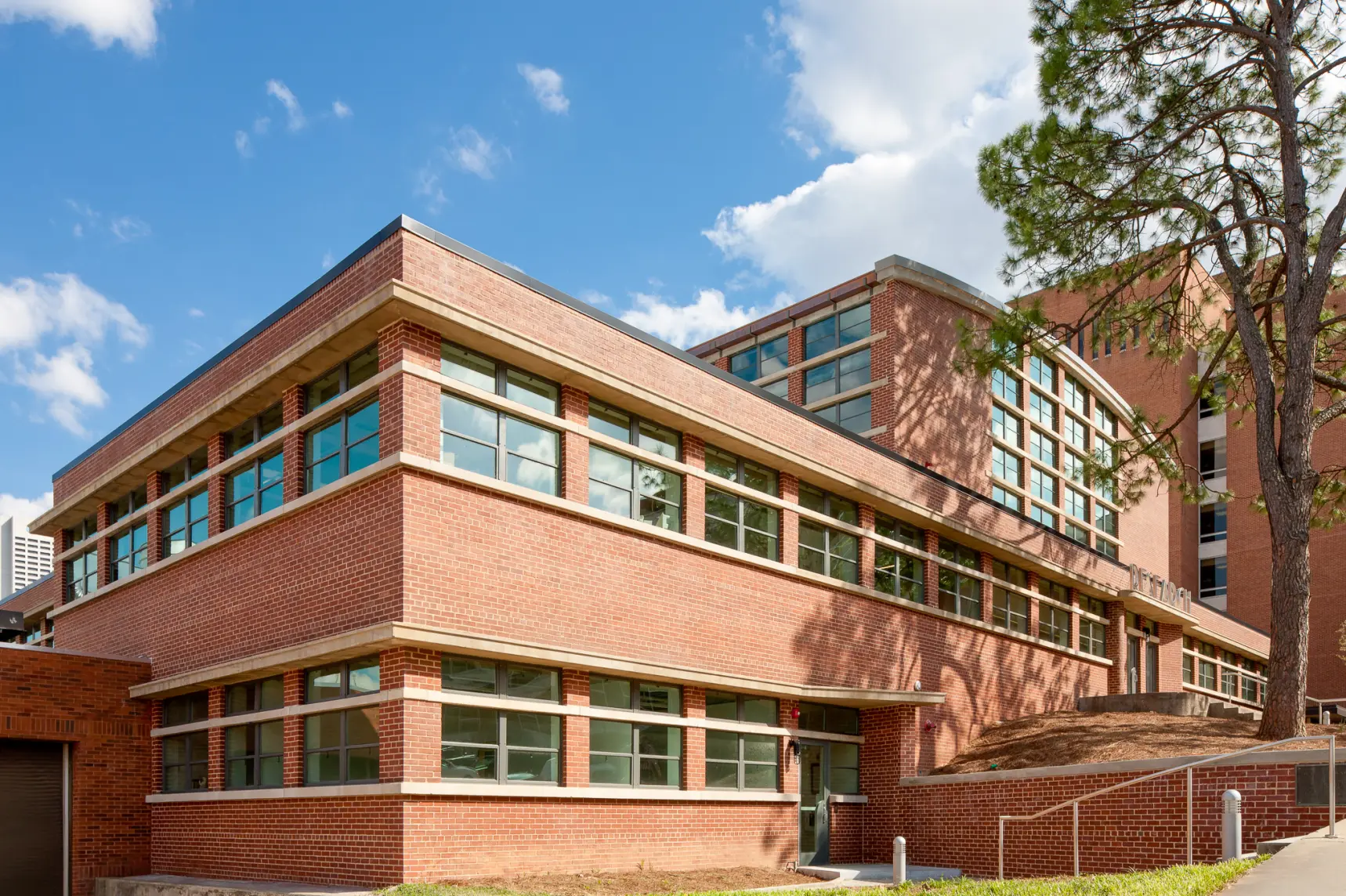
Photo: Jonathan Hillyer
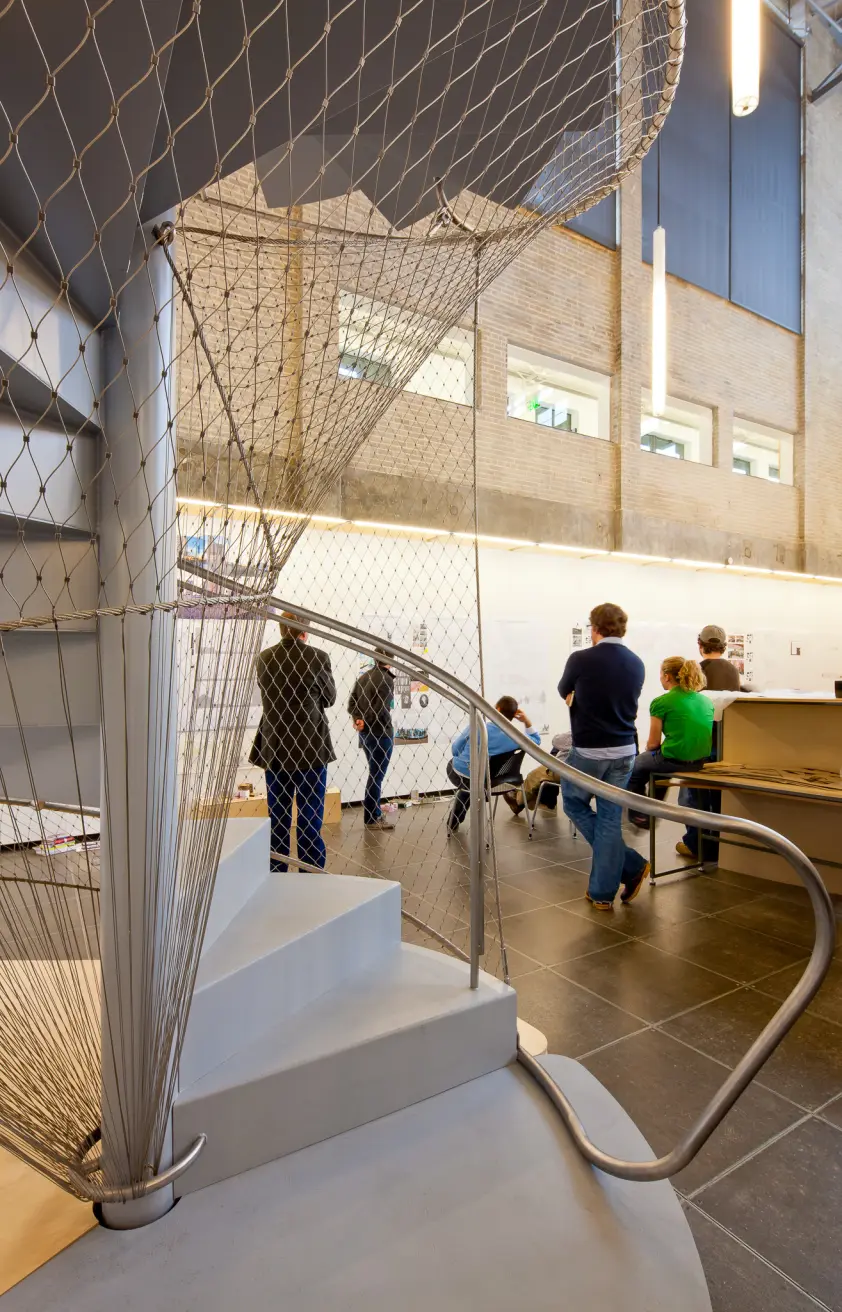
Photo: Jonathan Hillyer
"The LAS team understands the importance of finding the balance between preservation and restoration of the important features of the building while creating new layouts of spaces that are needed for its new use for the College of Architecture."
— Gary Petherick, Project Manager
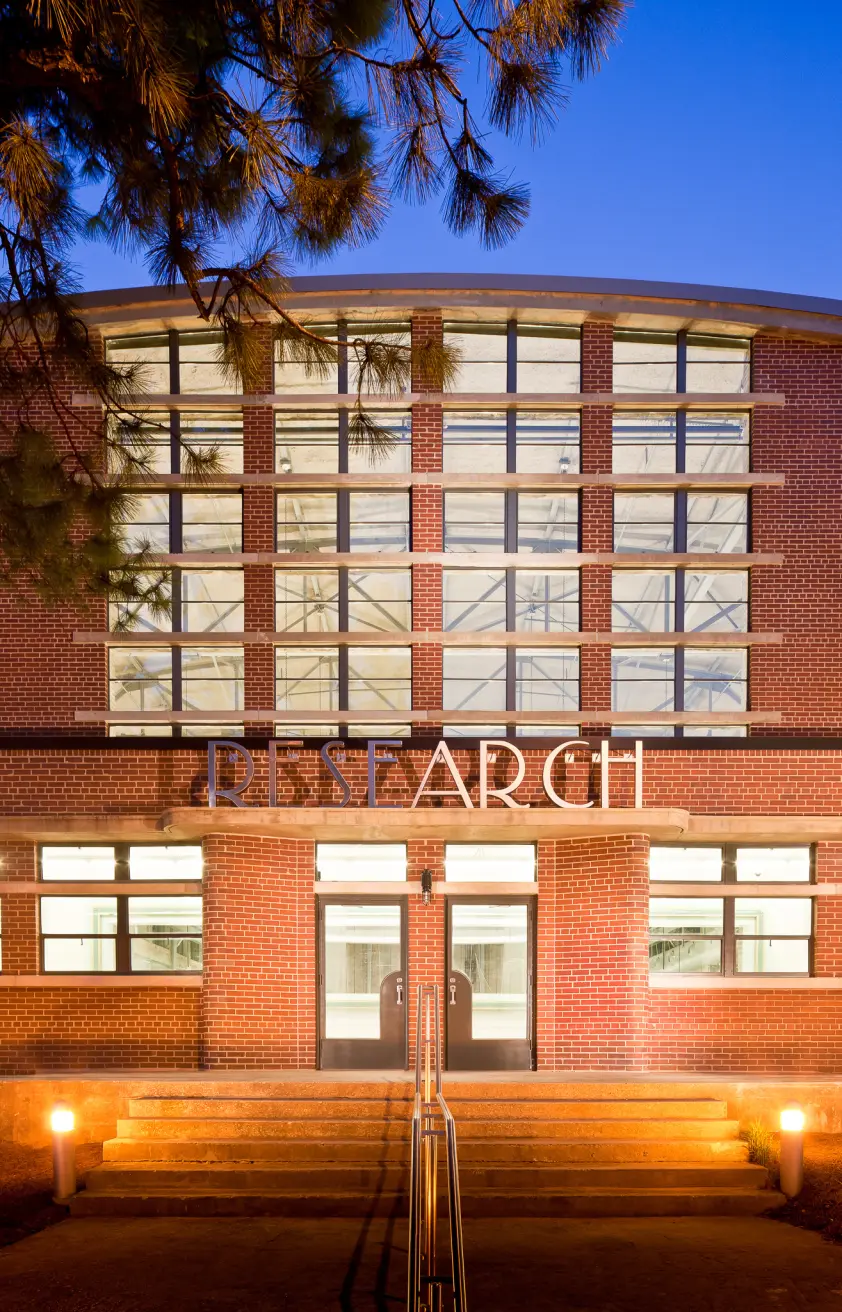
Photo: Jonathan Hillyer
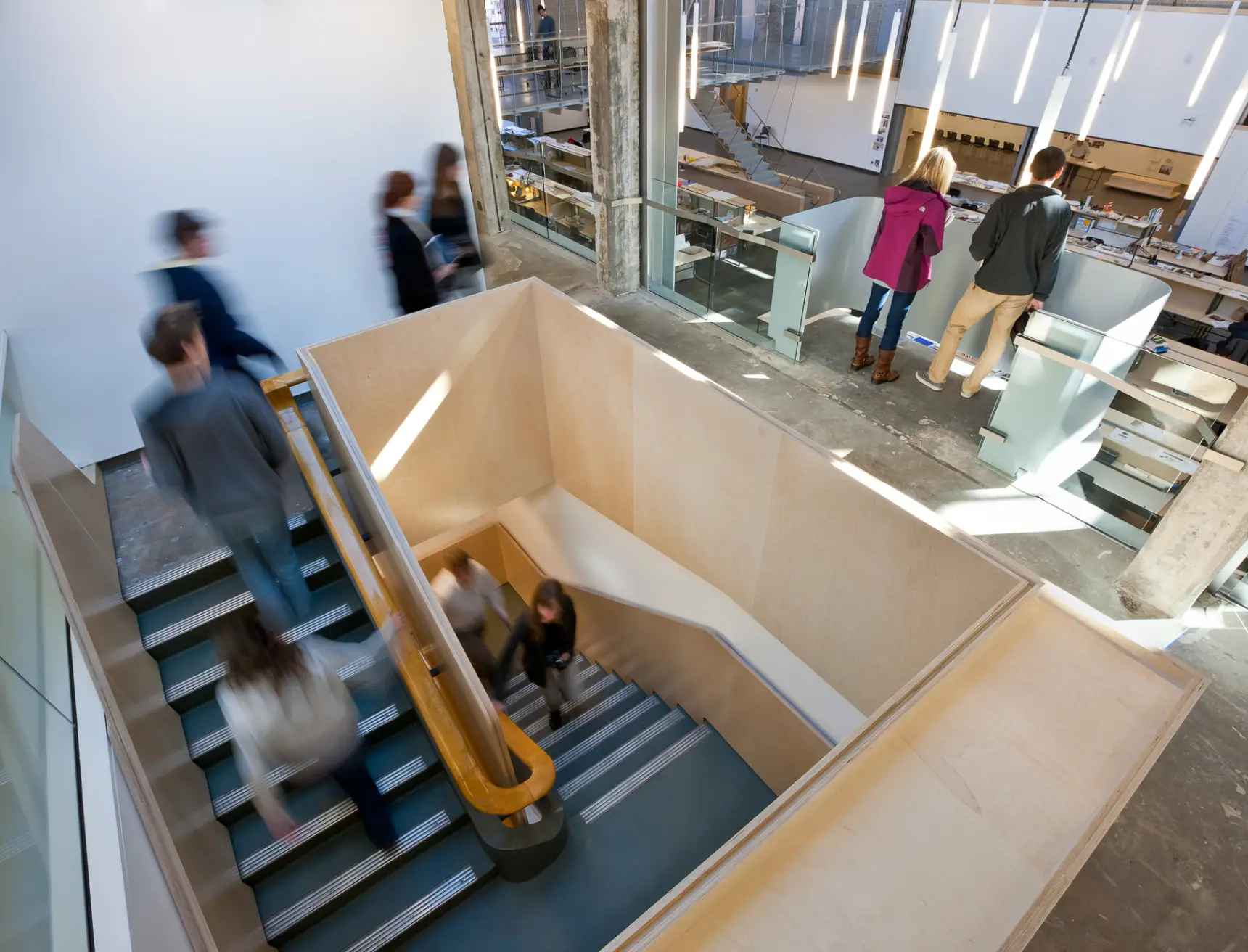
Photo: Jonathan Hillyer